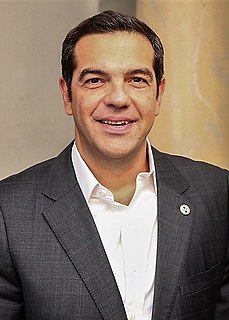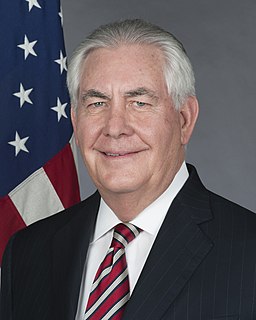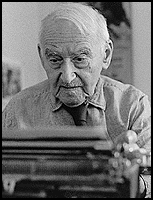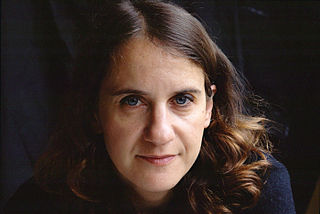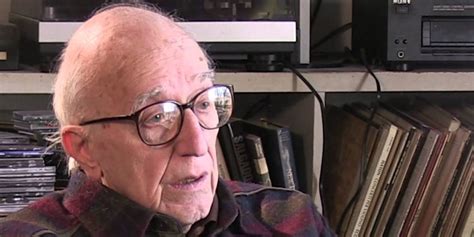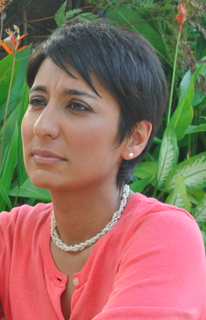Top 270 Regimes Quotes & Sayings
Explore popular Regimes quotes.
Last updated on November 22, 2024.
The developed world should neither shelter nor militarily destabilize authoritarian regimes unless those regimes represent an imminent threat to the national security of other states. Developed states should instead work to create the conditions most favorable for a closed regime's safe passage through the least stable segment of the J curve however and whenever the slide toward instability comes. And developed states should minimize the risk these states pose the rest of the world as their transition toward modernity begins.
Yet optimism is in order, because day by day democracy is proving itself to be a not-at-all-fragile flower. From Stettin on the Baltic to Varna on the Black Sea, the regimes planted by totalitarianism have had more than 30 years to establish their legitimacy. But none - not one regime - has yet been able to risk free elections. Regimes planted by bayonets do not take root.
It was very depressing to realize that, when looking around for regimes that have systematically corrupted science within the past century or so, three stood out quite distinctly, head and shoulders above the rest of the herd: Hitler’s Germany, Stalin’s Russia, and Bush’s America. At times when working on the three relevant chapters, I had to remind myself which chapter was the one in front of me: the parallels between the three regimes, in terms of their vigorous attempts to trample honest science underfoot, are as horrifically close as that.
To know what Fascism really is we must first of all know what it is we are fighting, what the Fascist regimes really are and do, who puts up the money and backs Fascism in every country, and who owns the nations under such regimes, and why the natives of all Fascist countries must be driven into harder work, less money, reduced standards of living, poverty and desperation so that the men and corporations who found, subsidize and own Fascism can grow unbelievably rich.
We need a more complex understanding of writers working under authoritarian or repressive regimes. Something to replace this simpleminded, Cold War-ish equation in which the dissident in exile is seen as a bold figure, and those who choose to work with restrictions on their freedom are considered patsies for repressive governments. Let's not forget that most writers in history have lived under nondemocratic regimes: Shakespeare, Tolstoy, and Goethe didn't actually enjoy constitutionally guaranteed rights to freedom of speech.
The United States has given frequent and enthusiastic support to the overthrow of democracy in favor of "investor friendly" regimes. The World Bank, IMF, and private banks have consistently lavished huge sums on terror regimes, following their displacement of democratic governments, and a number of quantitative studies have shown a systematic positive relationship between U.S. and IMF / World Bank aid to countries and their violations of human rights.
We know that the African regimes, many African regimes have failed their people and many Africans want regime change, and there are a lot of African leaders who make promises but don't carry them out. I mean, the progress - I mean, it is noble for the rich countries to help Africa, but then the question is: What are African leaders themselves doing to help their own people?
Regimes are modes of self-discipline, but are not solely constituted by the orderings of convention in day-to-day life; they are personal habits, organised in some part according to social conventions, but also formed by personal inclinations and dispositions. Regimes are of central importance to self-identity precisely because they connect habits with aspects of the visible appearance of the body.
Anyone who thinks that the Communist regimes of Central Europe are exclusively the work of criminals is overlooking a basic truth: The criminal regimes were made not by criminals but by enthusiasts convinced they had discovered the only road to paradise. They defended that road so valiantly that they were forced to execute many people. Later it became clear that there was no paradise, that the enthusiasts were therefore murderers.
